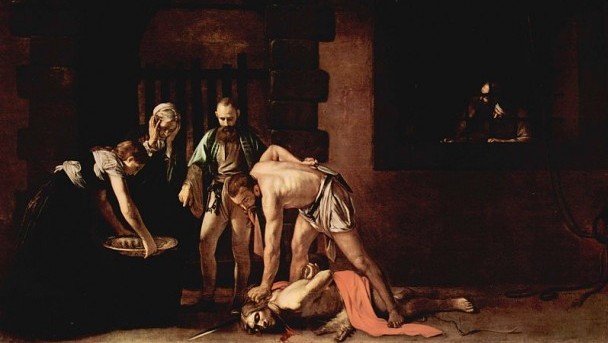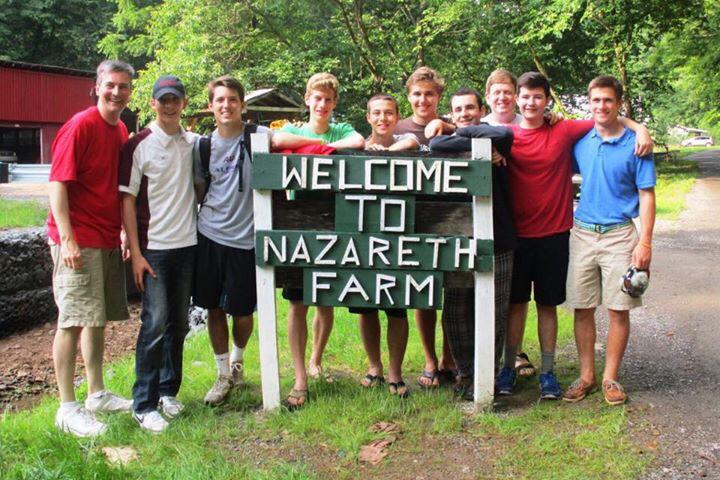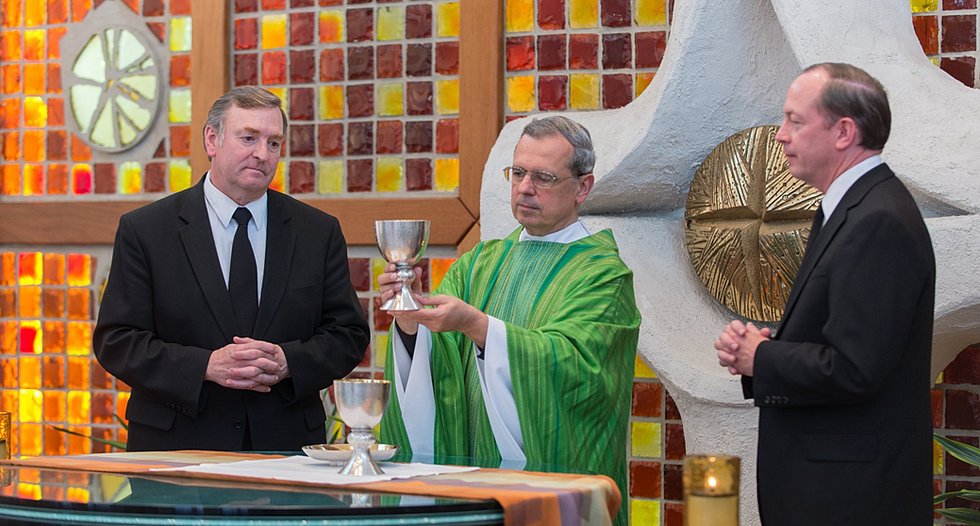
Complaining and grumbling is as old as the human race. Before we even have language, our cries and yells are what get us what we want. Maybe we never outgrow those habits completely.
Our Sunday Gospel has Jesus' followers grumbling. He has been telling them, and us, that he is the bread of life, the bread that will let us really live. A few verses earlier, Jesus even tells them, “'Stop murmuring' among yourselves.” But of course they don’t – and neither do we.
We want to complain and whine when Jesus asks us to do something challenging,
following in his footsteps. Over and over he asks us to feed the hungry, give drink to the thirsty and care for the poor and marginalized. And, what he first wants to do is to give us himself as food for our mission.
Our Psalm today reminds us that the Lord has ears for the cry of the poor and from all their distress he rescues them. The line that follows reminds us of the heart of Jesus’ message, “The Lord is close to the brokenhearted and those who are crushed in spirit he saves.”
What Jesus asks us as Christians is not easy or simple; we just want it to be. We are basically good people. We give to charity, we pray and we are busy, busy, busy... Jesus is asking a LOT of us, it seems.
So to our grumbling Jesus responds to us today, “Does this shock you?” Do we find it difficult to accept the gift of his self-sacrificing love? Does his call to make his life the center of our lives shock us into realizing that we may be far from following his way? Jesus knows us and understands, “The words I have spoken to you are Spirit and life. But there are some of you who do not believe.” And, the gospel reminds us, “As a result of this, many of his disciples returned to their former way of life and no longer accompanied him.”
But for those of us who really want to follow the teachings of Jesus, we can pray to discover who in my world, in my life, is marginalized? Who needs my forgiveness? How can I love my spouse and family better? How can I stop judging others so severely and simply remember how very loved I am by God?
Am I
following the call of Jesus or am I following the world’s call to succeed at any price, to ignore those people who are inconvenient to me and to fill my life with the things and signs of my success? Who or what am I going to decide to follow? As the prophet Joshua reminds us today, “If it does not please you to serve the LORD, decide today whom you will serve.”
At this moment of deciding whom we will serve, Jesus asks us, “Do you also want to leave?” It is Simon Peter who answers for us, “Master, to whom shall we go? You have the words of eternal life,” adding, “We are convinced.”
We need convincing many days as we live our lives on this Christian journey. But, Jesus doesn’t ask us to take this challenging path alone. He is with us at every moment, offering himself as the bread, the central food for our lives. He is also sending us out into our world to love others and be the support and ‘bread’ for those around us.
It’s this love, a dying to myself and loving others more freely that seems to be what Paul addresses when he writes of husbands and wives. Though he writes through the lens of his own culture, Paul sees love in a marriage as a love that mirrors the love of Jesus. In my own marriage, I know that I can only be self-sacrificing in my life if I first feel the love of God deeply in my own heart. Then I can love my husband the way Jesus loves me – by dying to myself and my own needs.
This week we are invited to see Jesus as bread, a food which is universally regarded as the staff of life. We can ask him each day to help us make him the our daily bread, our main source of life today, giving us the courage to follow in his footsteps and to “taste and see the goodness of the Lord.”
 Nazareth Farm is truly a unique place because you can see God everywhere you go, and in everyone you meet. The week I spent at the Farm helped me to strengthen my faith, and I was influenced by every volunteer, and community member I met during the trip. I saw God in every volunteer that we worked with throughout the course of the week, because they had a strong passion for helping those in need, and they were some of the kindest people I have ever met. Throughout the week, we traveled to various homes in the community where work needed to be done on the houses. During this time, we had a great opportunity to meet and talk to many members of the community. The community of West Virginia is very special, and I mainly saw God through them in my week at Nazareth Farm. Similar to the Bible passage where a poor old woman gives away her last two coins to help others, the people who live in the area of Nazareth Farm don’t have much to give, yet they give anyway. This attitude of giving was personified by one of the community members named Ronny, who did everything he could to help the volunteers at the Farm. Ronny did everything from fixing low hanging electrical wires near the worksite, to feeding us lunch, and he did all of this without being asked. My faith was strengthened by the community because we saw how little these people had, yet they were some of the most faithful people I have ever met. Every single community member we met strongly believed in the presence of God in everything they did. That is what I took away from the trip most, even though the people of West Virginia weren’t the most privileged, they were truly thankful for everything they had, and now so am I.
Nazareth Farm is truly a unique place because you can see God everywhere you go, and in everyone you meet. The week I spent at the Farm helped me to strengthen my faith, and I was influenced by every volunteer, and community member I met during the trip. I saw God in every volunteer that we worked with throughout the course of the week, because they had a strong passion for helping those in need, and they were some of the kindest people I have ever met. Throughout the week, we traveled to various homes in the community where work needed to be done on the houses. During this time, we had a great opportunity to meet and talk to many members of the community. The community of West Virginia is very special, and I mainly saw God through them in my week at Nazareth Farm. Similar to the Bible passage where a poor old woman gives away her last two coins to help others, the people who live in the area of Nazareth Farm don’t have much to give, yet they give anyway. This attitude of giving was personified by one of the community members named Ronny, who did everything he could to help the volunteers at the Farm. Ronny did everything from fixing low hanging electrical wires near the worksite, to feeding us lunch, and he did all of this without being asked. My faith was strengthened by the community because we saw how little these people had, yet they were some of the most faithful people I have ever met. Every single community member we met strongly believed in the presence of God in everything they did. That is what I took away from the trip most, even though the people of West Virginia weren’t the most privileged, they were truly thankful for everything they had, and now so am I.






